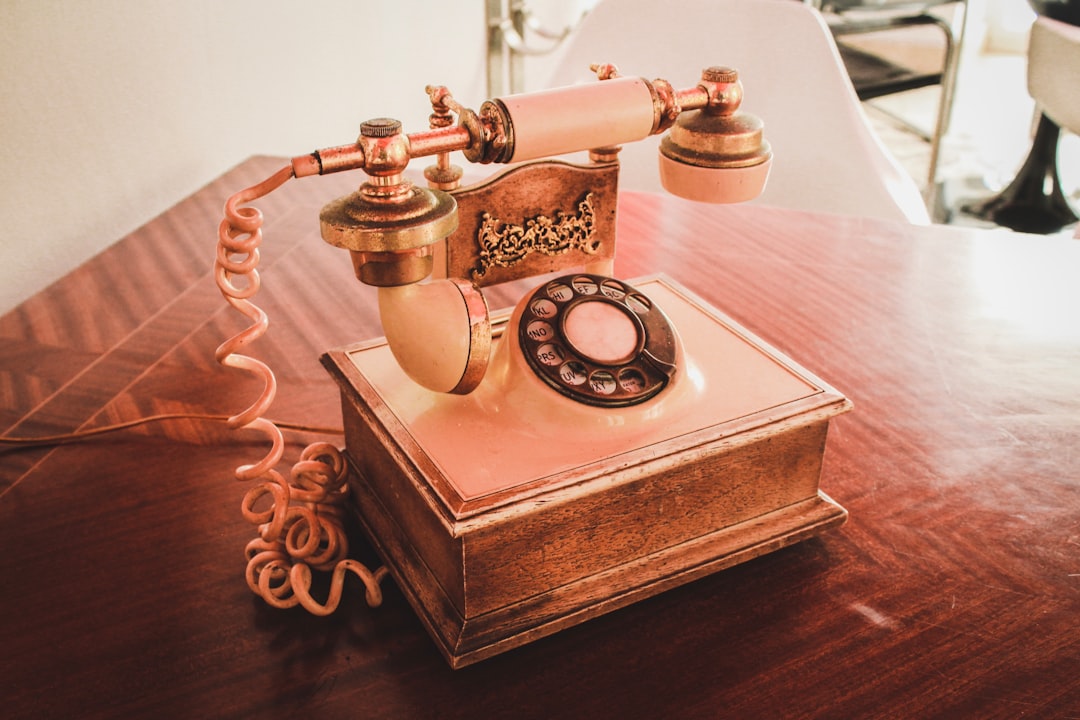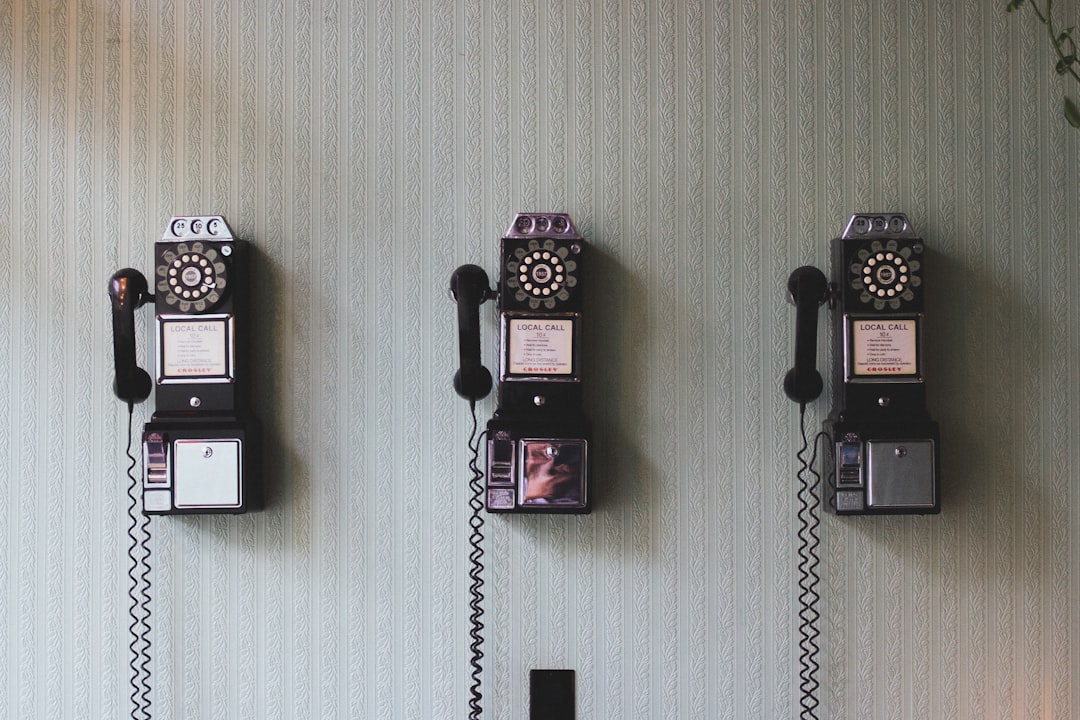Nevada's No Call Laws protect residents from unwanted telemarketing calls by requiring explicit consent and providing opt-out rights, do-not-call lists, and penalties. Businesses must adhere to guidelines on caller ID, purpose disclosure, and respecting consumer choices. Caller authentication systems verify caller identity, reducing scam and unsolicited calls, empowering consumers with fewer sales calls. Specialized lawyers for No Call Laws Nevada guide clients in compliance, create robust do-not-call lists, block mechanisms, interpret regulations, protect rights, and navigate legal implications, fostering peace of mind for businesses and consumers.
“In an era dominated by relentless digital communication, consumer protection laws like Nevada’s No Call Laws have emerged as safeguards against unwanted telemarketing calls. This article delves into the critical role of caller authentication in enforcing these laws. We explore how advanced caller ID technology aids in identifying and blocking spammers, while also discussing legal implications for businesses and individuals. Furthermore, we provide insights on how a specialized lawyer for No Call Laws Nevada can navigate complex regulations, ensuring compliance and safeguarding residents from intrusive calls.”
Understanding No Call Laws: A Legal Perspective for Nevada Residents

In Nevada, like many other states, No Call Laws are designed to protect residents from unsolicited telephone marketing calls. These laws restrict businesses and telemarketers from making sales or promotional calls to individuals who have not given explicit consent. Understanding these regulations is crucial for both consumers and businesses operating in Nevada. A lawyer specializing in No Call Laws Nevada can offer valuable insights into the legal framework, ensuring compliance and protecting rights on both sides.
The laws often include provisions such as opt-out rights, do-not-call lists, and penalties for non-compliance. Consumers can register their phone numbers on state-maintained do-not-call lists to significantly reduce unwanted calls. Businesses, meanwhile, must adhere to strict guidelines regarding caller identification, disclosure of purpose, and respect for consumer choices. A Nevada No Call Laws lawyer can guide businesses on implementing appropriate call authentication systems and policies to avoid legal pitfalls.
The Purpose and Impact of Caller Authentication in Reducing Unwanted Calls

Caller authentication plays a pivotal role in the effectiveness of No Call laws, designed to curb unwanted telemarketing calls. The primary purpose is to verify the identity of the caller, ensuring that only legitimate businesses or individuals can contact consumers. By implementing this technology, Nevada’s No Call registry becomes a robust tool against nuisance calls. It empowers consumers by allowing them to register their phone numbers and receive fewer unsolicited sales calls.
The impact of caller authentication is twofold. Firstly, it acts as a deterrent for scammers and telemarketers who often use spoofed or unknown numbers. With proper authentication, these bad actors face challenges in hiding their identities. Secondly, it enhances consumer trust and satisfaction. Registered consumers can rest assured that incoming calls are from verified sources, reducing the chances of receiving fraudulent or unwanted messages. This measure is particularly beneficial for Nevada residents, who can now enjoy a quieter, more peaceful communication environment with the help of advanced caller ID systems.
How Caller ID Technology Works and Its Role in Compliance

Caller ID technology plays a pivotal role in ensuring compliance with No Call laws, especially in states like Nevada where such regulations are stringent. This innovative system functions by transmitting a caller’s phone number and, sometimes, their name to the recipient’s device or telephone service before the call is answered. It’s a straightforward yet powerful tool that allows recipients to identify and manage incoming calls, enabling them to decide whether to answer or block numbers they consider unwanted.
For lawyers specializing in No Call Laws Nevada, understanding this technology is crucial when advising clients on compliance strategies. By utilizing Caller ID data, law firms can assist clients in implementing effective do-not-call lists and blocking mechanisms. This not only helps businesses stay within legal boundaries but also ensures that consumers are protected from harassing or unsolicited calls, fostering a more peaceful and compliant communication environment.
Navigating Legal Implications: What a Lawyer Can Do for No Call Law Enforcement

Navigating Legal Implications: The Role of a Lawyer in Enforcing No Call Laws
When it comes to enforcing No Call laws, especially in Nevada, involving a lawyer can significantly impact the outcome and effectiveness of legal actions. A qualified lawyer specializing in telecommunications law or consumer protection can provide crucial guidance on interpreting and applying these regulations. They play a pivotal role in understanding the nuances of the law, ensuring compliance, and protecting the rights of businesses and consumers alike.
For instance, a lawyer for No Call Laws Nevada can assist in drafting comprehensive do-not-call policies, conducting training sessions, and implementing robust systems to track and monitor calls. In cases of suspected violations, they can initiate legal proceedings, conduct investigations, and represent clients in court. Their expertise helps in navigating the complex legal landscape, ensuring fair practices, and fostering a culture of responsible communication.






